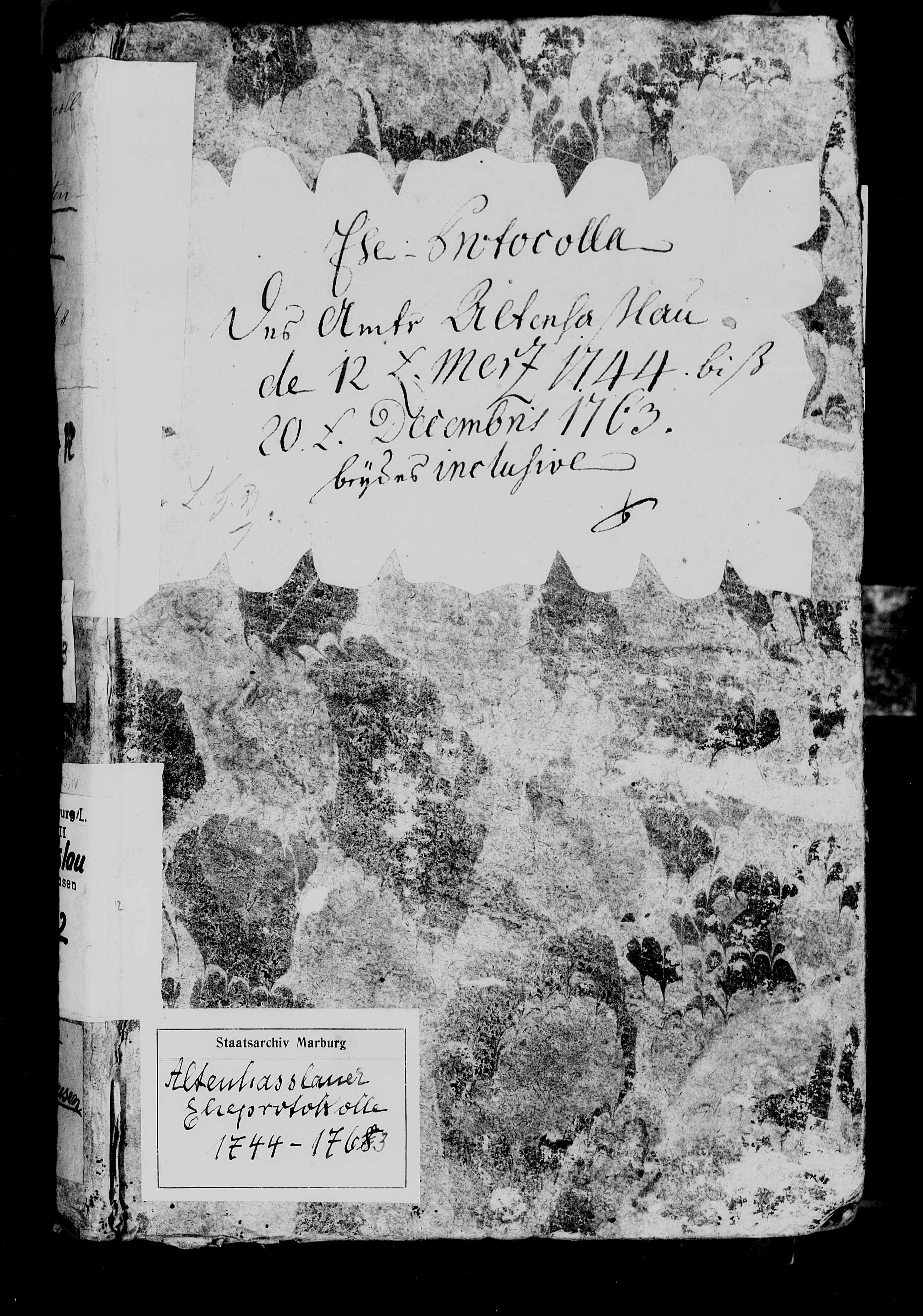If you have searched for a birth certificate, marriage license, or death certificate, you know that many localities didn’t start keeping these types of records until the late 1800s or early 1900s. These government records of vital events are called Civil Registration Records.
Church parish records are the main source for documentation of the births, marriages, and deaths of our Volga German ancestors prior to their immigration to Russia. We generally don’t look for Civil Registration Records because they weren’t common at that time.
Some areas in Germany and (the German speaking areas of France) adopted Civil Registration during the Napoleonic period, starting with Alsace-Lorraine in 1792. It was established in other areas occupied by the French Empire until Napoleon's defeat in 1815. Other areas instituted Civil Registration in the 1850s and 1860s. On 1 January 1876, Civil Registrations were required in all parts of the German Empire.
Except for a few hundred Napoleonic War prisoners who settled in Volga German villages, our Volga German ancestors left France and Germany long before Civil Registrations were required. So what interest do we Volga German researchers have in this topic?
The fact that Civil Registrations were not required in the mid-1700s does not mean that they didn't exist. They aren't common, but they were kept in some areas, and you can locate these records on FamilySearch. The easiest way to determine if there are civil registration records for one of your ancestor's origin locations is to follow these steps:
- Log into your FamilySearch account (free to sign up and use)
- Click on "Search"
- Choose "Catalog"
- Click on “Titles” and input "Zivilstandsregister" in the "Titles" field, then click on "Search"
- In the search results screen, scroll down the left-hand column until you see "Year"
- Click on "1700" and then choose a specific decade, say "1750" for example
There are 81 results for places that have Civil Registrations available for the 1750s. This is a small number of available records compared to the late 1800s and later, but there are some records here that are relevant to Volga German research.
Scrolling through the five pages of results for the 1750s, I see some place names that I recognize. For example, I see that there are Civil Registrations for Altenhaßlau beginning in 1744. I know that there are several families from Altenhaßlau who immigrated to Volga German colonies.
If I click on the link for "Zivilstandsregister, 1744-1875. Author: Altenhaßlau (Hessen-Nassau). Standesamt; Staatsarchiv (Marburg)", that will take me to the page for those records. I am interested in the 1744-1763 marriage records (Eheprotokolle), so I click on the camera icon in the right hand column to access the images. Those records are in the second part of the microfilm, and there is an alphabetical index at the beginning of that section. I know from the Altenhaßlau church records that Johannes Ries and Sophia Elisabetha Eberhard (settlers in Warenburg) married on 24 February 1756. Using the alphabetical index, I was able to locate the 21 November 1755 civil registration of their marriage here:
https://www.familysearch.org/ark:/61903/3:1:3Q9M-CSPM-ZSW4-X?i=303&cat=176520
Another location of interest in these records is Meerholz. Among the Volga German families that have a connection to Meerholz is the Appel family who settled in Pobochnaya. If I click on the link for “Zivilstandsregister, 1759-1874. Author: Meerholz (Hessen-Nassau). Amtsgericht”, that takes me to the page for those records. The records I want to view are the marriage records (Eheprotokolle) for 1763-1806. If I click on the camera icon in the right hand column, and scroll through the images, I can see that there is an alphabetical index for these records. I know from the Meerholz parish records that Ernst Appel's first marriage was on 22 May 1766. The 8 April 1766 Civil registration of that marriage can be found here:
https://www.familysearch.org/ark:/61903/3:1:3Q9M-CSPZ-VST7-Z?i=96&cat=33357
While these records may be rare in the mid-1700s when our families were still living in Germany and France, they are still worth reviewing to see if any are available for the locations you are researching.
Sources:
https://www.familysearch.org/en/wiki/Germany_Civil_Registration
Complex Thinking: Solving Research Problems Outside the Parish Records by Daniel R. Jones, presentation at 2019 International German Genealogy Conference
© Margreatha Hein, 2023
